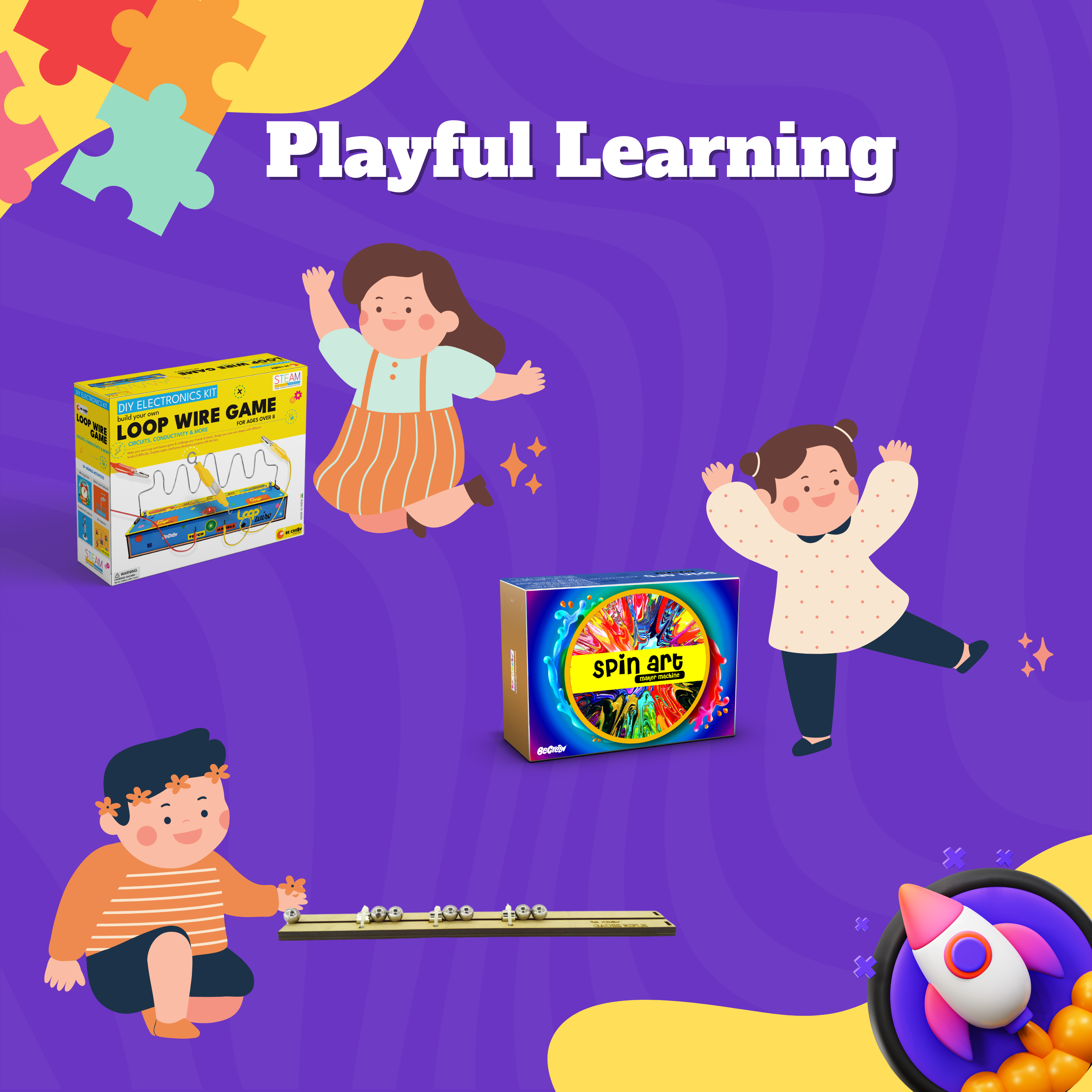
HOW CAN WE INTRODUCE MUSIC TO YOUNG CHILDREN IN A FUN AND PLAYFUL WAY?
INTRODUCTION
A mother’s lullaby is the first and the most musical thing a person ever hears. One cannot avoid music if one has ears. It comes to people in different ways. What might be noise to one can be music to another. It is totally subjective and also fits in with the personality of the person. Research has proved that as children we perceive music in a completely different way and is important in determining our growth as an individual in society. This has been realized and every educational institution has music as an ingrained part of its curriculum.
How to Introduce?
As adults, we just plug in our earphones and on the tips of our fingers we have the access to any form of music ever created. This is the way we intake music from various sources. However, the case is exactly different for kids. Music is much more than a form of recreation and a stress buster in the lives of children. It is a learning experience and part of their growth. Therefore it is necessary that it should be taught to students in a fun and playful way. The children shouldn’t feel that learning music is being implied upon them as most of their academic subjects. It should be considered as a need and not a formality.
The best time to hold a music lesson is after lunch when the lazy mood sets in and are not appropriate for studying. Also, the music lesson should be held on a Wednesday when the day feels the most monotonous. The music teacher should have proficiency in a number of instruments so that the children are aware of the various instruments and motivated to learn an instrument that fascinates them the most. Enacting stories in a musical way makes learning music more fun and informative. Often dance and music classes should be held simultaneously where the children can learn how to express lyrics through gestures and expressions and to express gestures and expression in words. Providing instruments such as a pipe, harmonica, xylophone, and conga can easily fascinate children and provide motivation for attending and enjoying the music class. Also use of social media such as WhatsApp and Youtube can be done effectively. Sharing rhymes and links of videos on youtube on WhatsApp groups for children can help them grow in their free hours at home. This also saves children from becoming cartoon addicts and helps them utilize their time effectively. Recording the performance of children on video at the music class and sharing it with the parents and children makes it more fun and enjoyable. This motivates not only the parents but also the kids. The children notice themselves and learn what they’ve been doing wrong and improve. A proper book with easy content on music should also be provided. It should contain various facts, images and description of the instrument. This evokes the curiosity in children to see the instruments for real and encourage them to attend various musical programs. The children should be divided into random groups and weekly performances should be encouraged. This not only increases the fun but also helps children make friends and learn the meaning and importance of teamwork.
These are some of the ways in which learning can become interesting and more of a fun activity rather than a monotonous part of the schooling schedule. Below are mentioned the various ways in which learning and exploring music is important to all, especially the kids.

IMPORTANCE OF MUSIC IN OUR LIVES
-
Promotes socializing:
Common music help people relate to each other and can be the ice breaker for starting a conversation and promote people to talk and express them.
-
Strengthens Memory:
Research has shown that music affects certain parts of the brain and help to strengthen memory. Also, music forms a memory of certain events in our life and listening to the same music can bring back the memories of the past and relive the moment.
-
Creativity:
Children who start playing instruments at an early age are way more creative than children who don’t. They acquire an IQ level higher than the rest of the children.
-
Language:
How many people first learned the alphabet by singing the ABC song? It is a powerful way for young children to practice a language. When children sing, they practice pronouncing words and putting together sentences. Learning the lyrics to songs is also an effective way to remember information
-
Critical Thinking:
In an early stage when children do not understand the lyrics they just try to interpret the feeling conveyed by the song and bring out the message or emotion conveyed to them. This promotes critical and out of box thinking amongst children.
-
Revealing the talent:
Most of the successful musicians started their journey as kids. It’s not just the ample amount of time they get to work on their talent but also the different frame of mind as a child that adds to their quality in the future.
-
Hand-Eye and Body Coordination:
Playing instruments and dancing out to the music helps build a greater control over the body and helps children work with hands and fingers in a better way.


